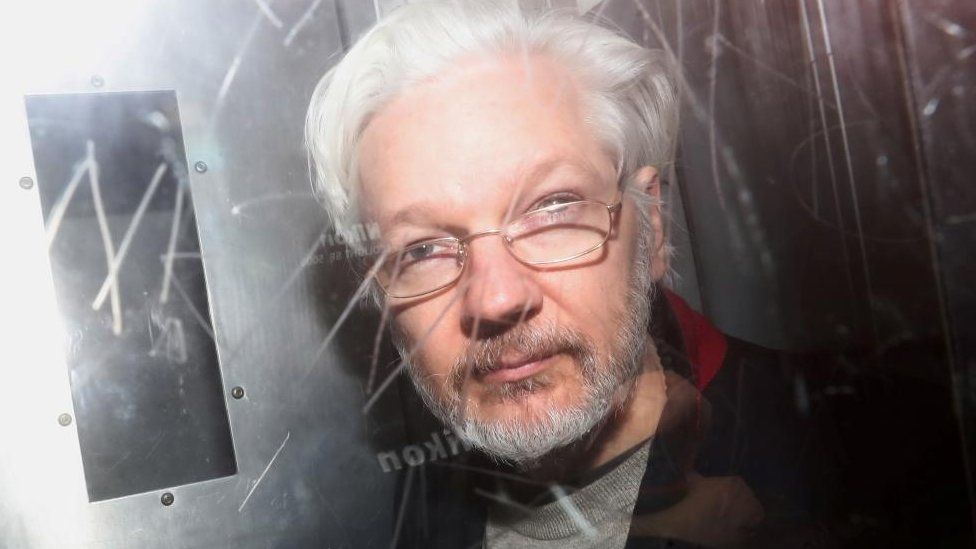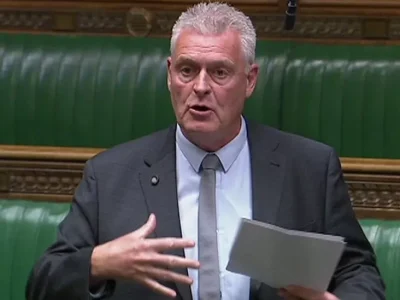The US must assure Julian Assange has freedom of speech protections and will not receive the death penalty before he is extradited, judges have ruled.
The UK High Court said the Wikileaks founder could be allowed to launch a new appeal against being sent to the US without those commitments. US authorities say Mr Assange endangered lives by publishing thousands of classified documents. His lawyers have argued that the case is a form of “state retaliation”. The court has adjourned its final decision on Mr Assange’s extradition by three weeks to give the US government time to comply with its order. Speaking after the ruling was published, Mr Assange’s wife called on US President Joe Biden to “drop this shameful case”. Tuesday’s court order is the latest twist in a legal saga which began when Mr Assange’s website Wikileaks published confidential US documents in 2010 and 2011. His supporters say the leak exposed US criminality but Mr Assange was widely condemned for failing to redact the names of intelligence operatives, potentially putting their lives at risk. The 52-year-old Australian national attempted to avoid extradition to the US by seeking refuge in the Ecuadorean embassy in London but was arrested in 2019 and has been held in UK prisons since. In June 2022, then Home Secretary Priti Patel ruled Mr Assange could be extradited to the US to face trial for 18 offences, a decision which his lawyers have challenged in the courts. In February, his lawyers submitted nine grounds to the High Court on which they believed Ms Patel’s extradition order was unlawful. Six were rejected outright – however, in a written judgment on Tuesday, Dame Victoria Sharp and Mr Justice Johnson said Mr Assange had an “arguable case” on their remaining grounds for appeal. The first two boil down to whether or not Mr Assange would have freedom of expression protections under the US constitution as a foreign national. The judges also accepted there are insufficient guarantees Mr Assange will not face the death penalty in the US, which his lawyers argue should have prohibited the UK government from agreeing to send him there. Mr Assange is not charged with any offence in the US which carries the death penalty – however, his lawyers fear he could be further charged with a treason or espionage crime in the future which does. In their evidence, they pointed to comments made by former US President Donald Trump – who is set to be the Republican nominee in the election later this year – which were supportive of Mr Assange receiving the death penalty.
![]()



